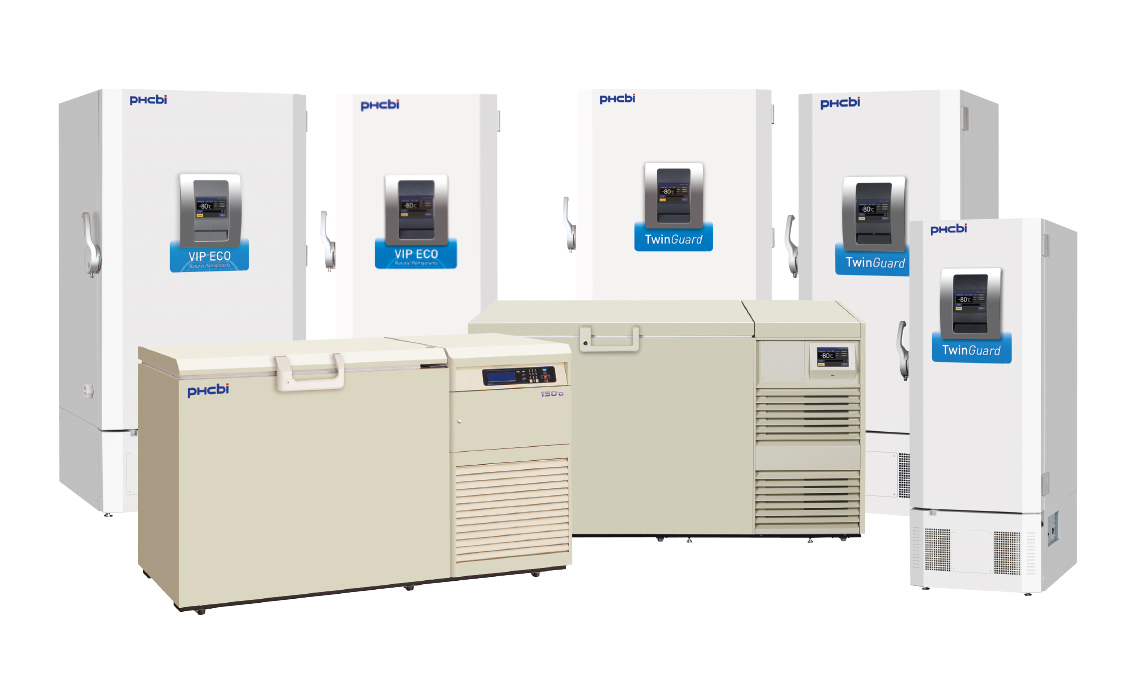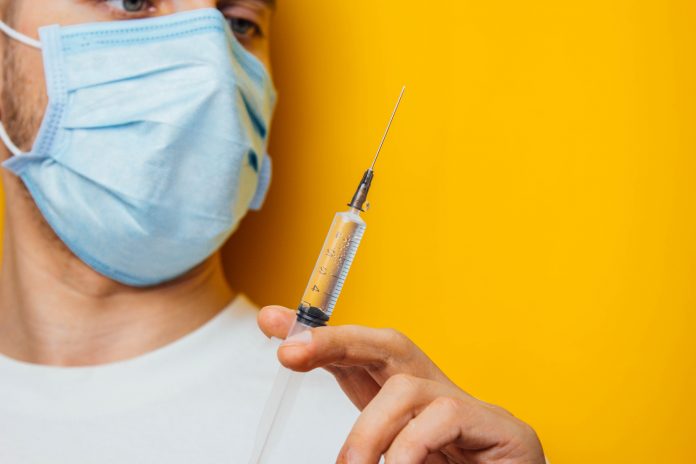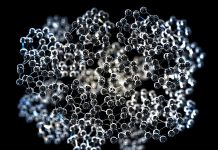With the current focus on public health worldwide, Arthur Goudena, Marketing Manager of PHC Europe, explains how one of Europe’s leading biobanks plays a growing role in supporting medical research
With the COVID-19 pandemic, public health has become an even more urgent global priority, and the focus on medical research has intensified. Biobanks that collect and store biological samples, such as blood and tissue, from patients with various health issues have always been an invaluable resource for researchers who investigate the molecular mechanisms of medical conditions intending to develop new treatments. Biobanks are essential for all kinds of medical research, and their importance has only been emphasised in the pandemic. Fundamental in providing high-quality biosamples for research is the effective storage of these valuable samples, and ultra-low temperatures are a key part of this.

University of Liverpool Biobanking Facility
‘Expanding upon a history of excellence’
The University of Liverpool Biobanking Facility has evolved significantly since it was established in 2015. It was originally focused on bioresources for cancer research, but has now developed other specialities including head and neck, cardiovascular and alcohol-related conditions.
Based in the University of Liverpool, it was formally known as the Liverpool Tissue Bank (LTB), then Bio-Innovation Hub (LBIH) Biobank, which was eventually amalgamated with the Liverpool University Biobank (LUB). The LTB was established in 1993.
Contributing directly to public health
The city of Liverpool lies at the centre of one of the UK’s largest urban areas. Due to socioeconomic discrepancies, it became a deprived area, with associated health burdens. However, expert research and innovation in health has clustered around this.
The UK’s health services are mostly provided by the NHS (National Health Service), which is publicly funded. In England and Wales, the NHS is organised into NHS Trusts that mostly serve a geographical area or specialism. Several NHS Trusts are involved in providing healthcare to the local population in the Liverpool area, and the biobank works with many of them with the associated potential accessibility to greater numbers of biosamples, in turn, enabling it to make a more significant contribution to larger-scale health research projects.
Supporting scientific breakthroughs
Quite often, the biobank partners with research projects that underpin major advances in scientific knowledge and medical treatment. One recent example is a project that has investigated the possibility of using volatile organic compounds in urine as biomarkers in surveillance of Urothelial Bladder Cancer as an alternative to more invasive cystoscopy (camera investigation via the urethra), which is currently the only option for monitoring occurrence and recurrence of this common cancer.
The study (1) is ground-breaking. A research team led by Professor Chris Probert of the University of Liverpool and Professor Norman Radcliffe at the University of the West of England (UWE) developed a gas chromatography sensor system called Odoreader to analyse biomarkers for prostate cancer in 2016. Subsequent use of this device to detect bladder cancer is a new development. The results of the study showed statistically significant potential for further investigation that will compare the diagnosis made by the Odoreader with the findings of surveillance cystoscopy. The commercialisation of Odoreader for bladder cancer could follow.
Expanding resources
Currently, the biobank gathers consent and collects biological samples (tissue and blood) from around 800 patients per year. These samples are banked. They amount to more than 40,000 samples of paraffin wax embedded and frozen material. The largest collections are of breast, colorectal and pancreatic tissues. Uniquely, the University of Liverpool Biobanking Facility also adopts biological sample collections with the appropriate consent. The facility is already an invaluable resource for research, but plans additional expansion and is in the process of restructuring to accommodate this.
Liverpool has a health landscape that is expanding and changing considerably. There are many new clinical research centres under development within the multiple NHS Trusts that serve the city. Building a working partnership with an NHS Trust involves an intricate process of approval, but when successful, enables us to make a direct contribution to public health.
Its capabilities as a biobank now and in the future are possible because the University of Liverpool Biobanking Facility is extremely well-equipped. It has a large freezer capacity provided by PHC Europe B.V., who have been suppliers for almost two decades. This is essential. A large part of the appeal of using the biobank for researchers is that they do not have to buy their own freezers and other equipment to handle biosamples. The Facility currently has 25 MDF-U700VX-PE and MDF-DU702VX-PE -80°C PHCbi freezers, 13 MDF-C2156VAN-PE -150°C PHCbi freezers and one fridge-freezer. And a service agreement for maintenance and care of the equipment is provided by PHC Europe B.V. too. What they particularly like about PHCbi is the intense attention to detail that they provide with products and service.
Far from a frozen environment
Despite its functionality for the storage of biological samples, the biobanking facility is a highly dynamic research environment. Its contribution to advancing science and medicine is increasingly coming to the fore, and freezer facilities that offer the highest levels of precision, reliability and temperature stability have become more important than ever.
Please note: This is a commercial profile
© 2019. This work is licensed under a CC BY 4.0 license.











